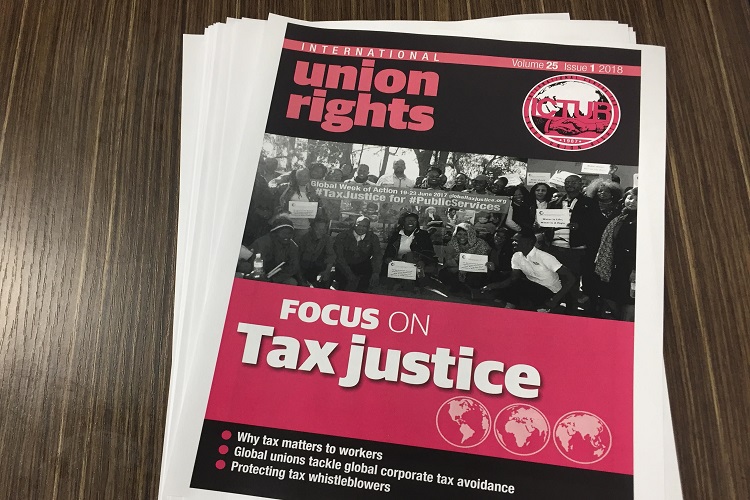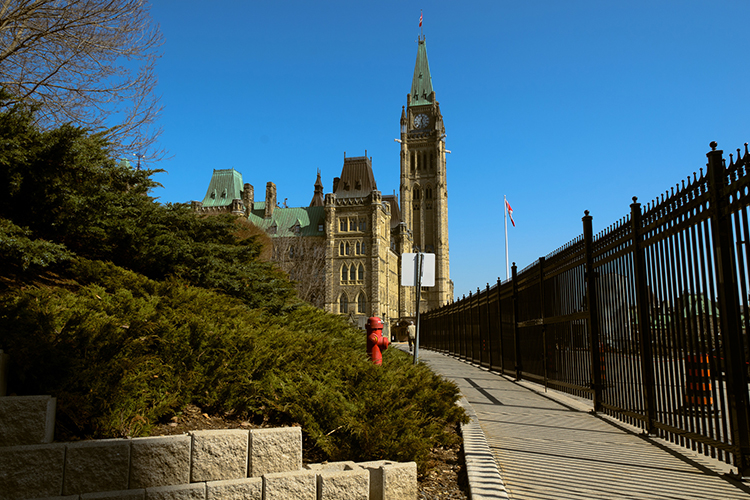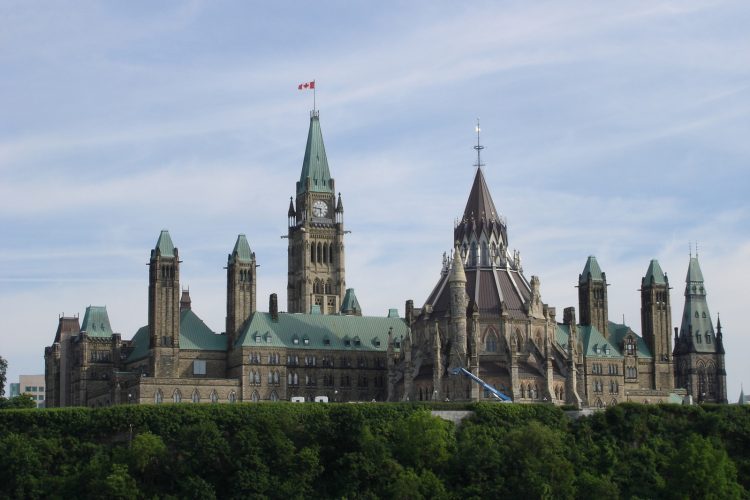Time to Put an End to Offshore Tax Havens
This means the federal government’s entire operating expenses could be funded by what is lost through offshore tax loopholes. What this government is trying to achieve in savings by shaving public service expenditures is almost immaterial compared to the sums foregone on the revenue side of the ledger.
This government’s approach to managing its fiscal affairs is to reduce services to Canadians under the pretense of fiscal responsibility. It is asking Canadians to expect less; for future generations to accept a lesser standard of living than their parents. Yet its corporate friends are given a pass on an estimated $80 billion tax scam.
In the last 30 years, Barbados, Cayman Island, Ireland, Luxembourger and Bermuda have become popular secrecy jurisdictions for Canadian offshore investments. Although Canada has the lowest corporate tax rate in the G7, that is not enough for certain Canadian businesses, banks and wealthy families who use illegal accounting methods and foreign subsidiaries to avoid paying taxes.
This is concerning to ACFO and our membership because tax havens shift burdens onto the backs of the middle-class, forcing hardworking Canadians, such as our members, to bear the burden through higher taxation and wage cuts. Tax evasion through earnings being offshored erodes Canada’s revenue base.
This lost revenue potential has real consequences for Canadians. Every day citizens depend on programs and services that are being strained by budgetary constraints. We as a nation are assuming unnecessary risks by shortchanging vital oversight functions. We have all seen the consequences of underfunding food inspection, rail safety, and financial accountability. In the coming years, Canadians will require significant resources to take care of an aging demographic, modernize eroding infrastructure, and meet the demands of greater security.
There is a solution to all these challenges that does not involve increasing taxes, vilifying those who provide public services, or cutting necessary services to Canadians: providing Canada Revenue Agency (CRA) with the tools and resources needed to collect from tax evaders. Canada Revenue Agency is currently unprepared to handle and investigate complex offshore cases worth millions of dollars, the Auditor General says in his report. This substantial amount of money would greatly contribute to balancing the budget, paying down the national debt and also providing needed services and salaries to Canadians. If this government truly understands the importance of fighting tax havens, it will invest in the integrity of our tax system and CRA’s capacity to ensure compliance.
Both as financial officers and concerned citizens, our members know the value of proper financial oversight. We see the social and financial harm that tax havens poses to taxpayers and society.
If the best that government has to offer is for us to lower our expectation while tax havens for the 1% flourish, that is unacceptable. We need to ensure our collective voice advocating for better is heard. We need government to be fair and innovative. Governments must realize that the demographics of our country has changed; so too, therefore, must the solution. Governments of all stripes must ensure that everyone pays their fair share in taxes.
ACFO will continue advocating for greater investment in fiscal capacity and stronger measures in combating tax evasions.
17/12/2013






